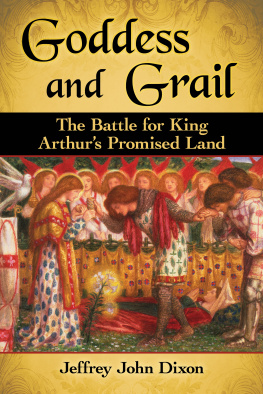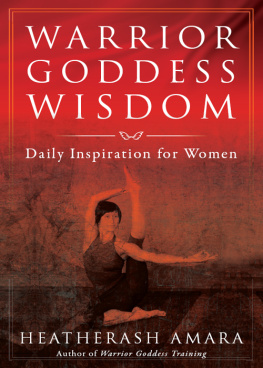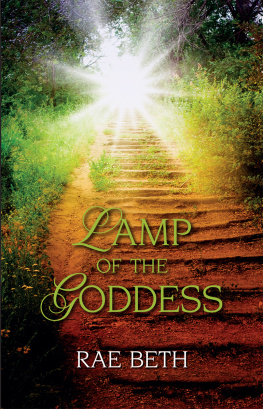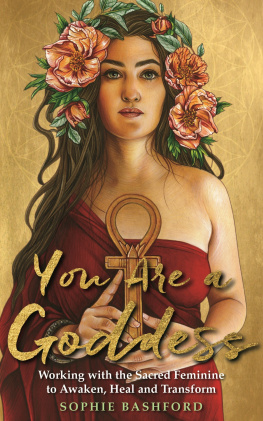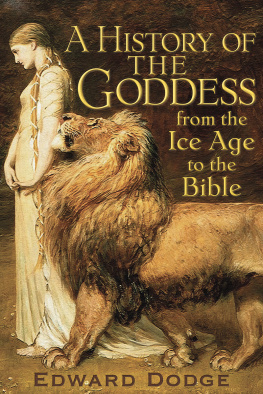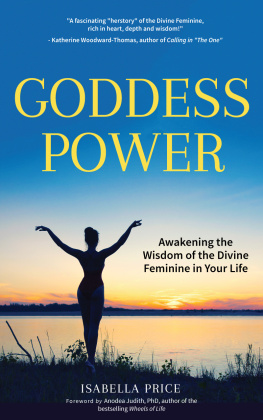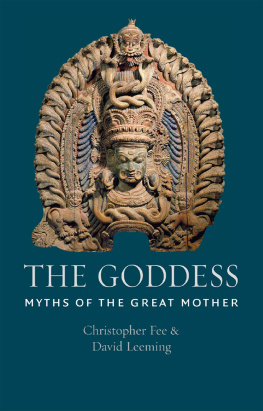
Also by JEFFREY JOHN DIXON
The Glory of Arthur: The Legendary King in Epic Poems of Layamon, Spenser and Blake (McFarland, 2014)
Goddess and Grail
The Battle for King Arthurs Promised Land
Jeffrey John Dixon

McFarland & Company, Inc., Publishers
Jefferson, North Carolina
LIBRARY OF CONGRESS CATALOGUING DATA ARE AVAILABLE
BRITISH LIBRARY CATALOGUING DATA ARE AVAILABLE
e-ISBN: 978-1-4766-2928-5
2017 Jeffrey Dixon. All rights reserved
No part of this book may be reproduced or transmitted in any form or by any means, electronic or mechanical, including photocopying or recording, or by any information storage and retrieval system, without permission in writing from the publisher.
Front cover: How Sir Galahad, Sir Bors and Sir Percival Were Fed with the Sanct Grael; but Sir Percivals Sister Died by the Way, 1864, Dante Gabriel Rossetti (18281881) ( Tate, London 2017)
McFarland & Company, Inc., Publishers
Box 611, Jefferson, North Carolina 28640
www.mcfarlandpub.com
In memory of
my father Joseph Dixon (19232002)
and my friends
Anthony Mark Tuffin (19612000)
Anthony Maurice Tuffin (19372016)
and Stan Pollard (19512016)
Acknowledgments
I couldnt have done it without the support of my family and of friends, including: the Penwauners (Steve, Jenny, Skye and Ben); Sharrisimo; Jill; Derek and Sumie; and the Tuffin clan (Sass, Dan, Chris and the new generation).
Special thanks also to Judy McCallum and the staff at Llandrindod Wells Library, for invaluable help in obtaining research materials; as well as to Martin Williams for insightful comments at an early stage.
Preface
In this, my third book, I return to the subject of the Grail legend, which was also the focus of my first book, Gawain and the Grail Quest, published in 2012. In that work, however, I primarily concentrated on the Grail poets, from Chrtien de Troyes and his continuators in France to Wolfram von Eschenbach and Heinrich von dem Trlin in Germany, contrasting the imaginative creativity and sense of wonder evoked by these writers with the heavily theological sermonizing characteristic of the later prose romances, in which mystery gives way to miracle.
In this new work I revisit the prose tradition, focusing on the last two great cycles, known to scholars as the Vulgate and the Post-Vulgate, which effectively brought to an end the creative outpouring that transformed the literary landscape of twelfth- and thirteenth-century Europe. My reason for doing so is to explore the contrasts between the Vulgate and its successor, the Post-Vulgate, in order to bring to the surface what I see as a tension between two very different concepts of Britain.
The first concept is that of Britain as the Promised Land of the Goddess, which is established by the early Arthurian chroniclers Geoffrey of Monmouth and Wace. Echoes of this idea, as I show in Part One, survive in the Vulgate Cycle, embodied by powerful women endowed with supernatural powers, such as the Lady of the Lake and Morgan the Fay, or of arguably supernatural origin, such as Guenevere. Here, for good or for bad, Britain is an island of fays, or dethroned pagan goddessesfor, as the visionary artist and poet William Blake (17571827) puts it: the fairies of Albion are the gods of the heathen.
The second concept is that of Britain as the Promised Land of the Grail, which is established in the course of development of the Vulgate Cycle and reaches its apogee in the Post-Vulgate Cycle. Here, as I show in Part Two, the process of demonization of Faerie (along with women in general) is accentuated; for the Grail Quest is one in which only chaste men can be successful. Nevertheless, our understanding of these cycles has been considerably enriched by the work of two female scholars, on which I have very much relied.
The first is Lucy Allen Paton (18651951), whose explorations of the fairy mythology that underlies much of Arthurian romance deserves to be better known. Without accepting all her conclusions, I have found her work inspirational. The second is Fanni Bogdanow (19282013), whose studies of the development of the prose cycles has cast great light on a previously obscure part of Arthurian literary history. She has enabled us to see more clearly how, as the Vulgate was reworked into the Post-Vulgate, the Island of the Goddess was disenchanted by the missionary zeal of the Company of the Grail, for whom only one experience of the sacred was permitted.
As with my previous books, my approach to the Arthurian and Grail legends has been informed by the imaginative poetry of Blake, who transformed the figure of the Maimed King into the fallen Albion in the epic cosmogony of his prophetic books; and by the philosophy of the imagination of the French scholar Henry Corbin (190378). While primarily focusing on the study of Islamic mysticism, Corbin devoted his life to revealing the lost continent that lies submerged between the dualism of mind and matter, a continent which he named the imaginal world. Although most of Corbins major works are now available in English translation, the complexity of his thought means that we can benefit enormously from the work of Thomas Cheetham, a poet and scholar who has elucidated the ideas of the French philosopher in five books, the latest of which was published in 2015.
Although Blake believed it was necessary to create his own system so as not be enslaved by anyone elses, his belief in the creative power of the imagination was shared by other Romantic poets such as Wordsworth and Coleridge, who argued that the imagination is a reflection in the human mind of the divine creative power. This belief was also championed by the great twentieth century fantasy writer J.R.R. Tolkien (18921973) who, like Blake (though much more successfully, at least in his ability to communicate to a wider audience), created his own mythology through a process that he called mythopoeia, or sub-creation. According to Corbin, Tolkien has given us a prelude to the Grail Quest, in which the will to power must be renounced in order to be worthy. Anyone who wishes to gain an insight into the toils and travails of the creation of the myths of Middle-earth will find invaluable help in the twelve volumes that Tolkiens son Christopher has devoted to detailing the creative processes of his father. Equally essential are Humphrey Burtons biography and selection of Tolkiens letters, in many of which the author discusses the development of what he called his legendarium.
Whereas Blakes creative process was a lonely one, Tolkien benefited from the intellectual companionship of a group of Oxford-based writers and thinkers known as the Inklings, who followed and for the most part encouraged his discovery (for such he understood it to be) of Middle-earth. Corbin also, from the 1950s to the 1970s, was part of what has justifiably been termed the alternative intellectual history of the twentieth century unfolding at the annual Eranos conferences held on the shores of Lake Maggiore in Switzerland. The story of Eranos has at last been given the in-depth treatment it deserves by the German scholar Hans Thomas Hakl, whose exhaustive worked has only been available in English translation since 2013. Consequently, it is only now that we can begin to assess the true significance of the Eranos phenomenon.
The guiding spirit of Eranos in its early years was the Swiss psychiatrist and founder of the school of analytical psychology, C.G. Jung (18751961). But the role-call of lecturers includes the German Indologist Heinrich Zimmer (18901943), the Hungarian classical scholar Carl Kernyi (18971973) and the Romanian historian of religion Mircea Eliade (190786); as well as Corbin, who lectured there from 1949 to the year he died, and the American James Hillman (19262011), the founder of the Post-Jungian school of archetypal psychology, who gave his first lecture in 1966. The fact that the names of all these thinkers will recur in the course of this book testifies to the influence that Eranos has had on my understanding of the importance of myths and symbols to modern life. More generally, they help us to understand the continuing relevance of Arthurian legend and the Grail Quest to our twenty-first century preoccupation with religious fundamentalism and ecological destruction.
Next page
